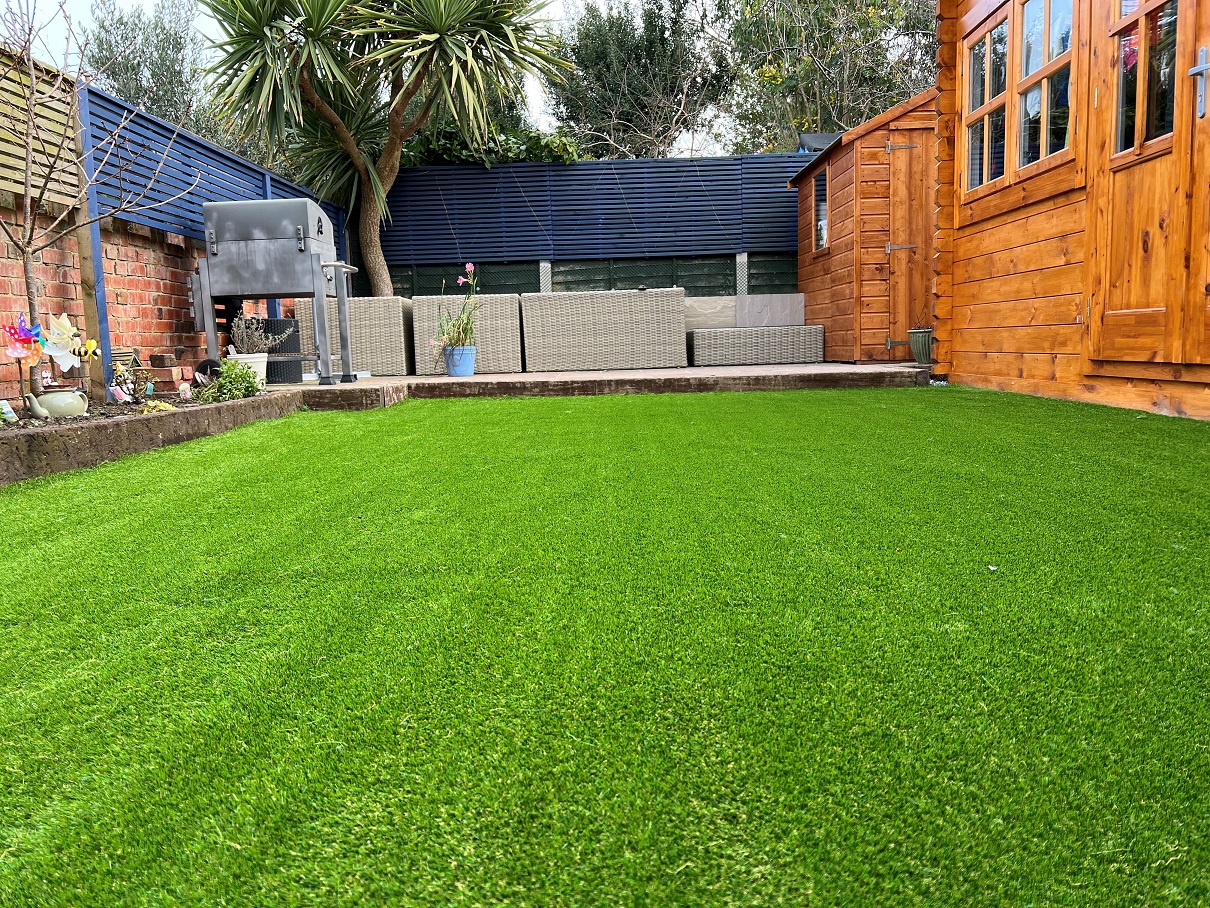Kenilworth is known for its beautiful homes and well-manicured gardens, but maintaining these natural spaces comes with environmental costs. Water use, chemical fertilizers, and fuel-powered lawn equipment can negatively impact the environment. For homeowners looking for an eco-friendly alternative, artificial grass offers numerous environmental benefits that can help create sustainable, low-maintenance gardens. Here’s how installing artificial grass in your Kenilworth garden can be a green choice for the environment.
1. Water Conservation
One of the most significant environmental benefits of artificial grass kenilworth is its contribution to water conservation. Natural lawns require regular watering, especially during dry summer months, which can lead to excessive water consumption. By switching to artificial turf, Kenilworth residents can drastically reduce their outdoor water usage. Artificial grass doesn’t need watering to stay lush and green, which can help conserve thousands of gallons of water annually. In a time when water conservation is increasingly important, this is a major eco-friendly advantage.
2. Reduction of Harmful Chemicals
Traditional lawns often rely on a variety of chemical treatments, including fertilizers, pesticides, and herbicides, to maintain their health and appearance. These chemicals can seep into the soil and groundwater, contributing to pollution and harming local ecosystems. Artificial grass eliminates the need for such treatments. With no need to fertilize, spray for pests, or control weeds, homeowners can significantly reduce their reliance on harmful chemicals, creating a healthier environment for both people and wildlife.
3. Decreased Carbon Emissions
Maintaining a natural lawn typically requires the use of gas-powered lawn equipment, such as mowers, trimmers, and aerators. These machines contribute to air pollution and greenhouse gas emissions. In contrast, artificial grass does not require mowing or any fuel-powered equipment, reducing your household’s carbon footprint. By choosing artificial turf, Kenilworth residents can help cut down on emissions, making their gardens more environmentally sustainable.
4. Preventing Soil Erosion
Kenilworth gardens, particularly those on slopes or in areas prone to heavy rainfall, are often at risk for soil erosion. Traditional grass may not hold up well during storms or periods of intense rain, leading to soil being washed away. Artificial grass is designed to be durable and can help protect against soil erosion by providing a stable surface that allows water to drain through while keeping the soil intact. This can help preserve the natural landscape and prevent soil degradation.

5. Long-Term Durability and Waste Reduction
Artificial grass is designed to last for 15-20 years or more with proper maintenance. Its long lifespan means fewer materials are needed to replace it over time, reducing the demand for natural resources. Additionally, high-quality artificial turf can be recycled at the end of its life, minimizing the amount of waste that ends up in landfills. In contrast, the constant replanting, reseeding, and watering of natural grass contribute to ongoing resource consumption and environmental strain.
6. Promoting Biodiversity with Artificial Grass
While some might argue that artificial grass limits natural plant growth, it can actually complement eco-friendly landscaping strategies. Many Kenilworth residents are incorporating artificial grass in combination with native plants, drought-resistant shrubs, and pollinator-friendly gardens. This approach helps create diverse and sustainable ecosystems while still providing the benefits of a low-maintenance, water-saving lawn. It allows for a balance between natural vegetation and artificial elements, promoting biodiversity without sacrificing aesthetics or convenience.
Conclusion
Artificial grass offers a range of environmental benefits that make it an excellent choice for Kenilworth gardens. From conserving water and reducing the use of harmful chemicals to lowering carbon emissions and preventing soil erosion, synthetic turf provides a sustainable alternative to traditional lawns. For environmentally conscious homeowners looking to create eco-friendly outdoor spaces, artificial grass is an investment that supports both the planet and the community.
